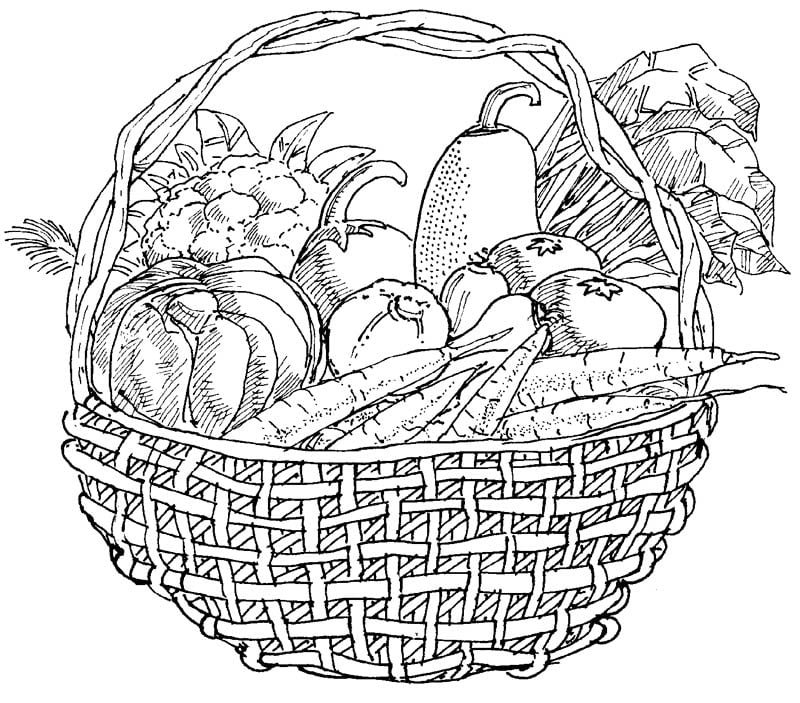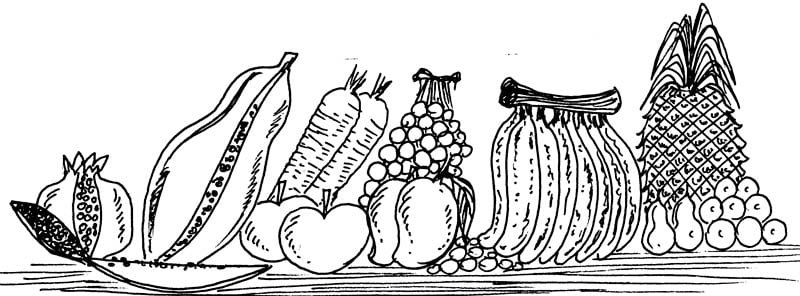A well balanced diet is crucial in preserving health and helping to reduce stress. Certain foods and drinks act as powerful stimulants to the body and hence, are a direct cause of stress. Stress affects the body’s ability to handle various kinds of foods because it causes a sudden constriction of the blood vessels. This raises blood pressure and reduces the amount of blood flowing to the stomach and intestines. The flow of enzymes is slowed down so much of the food that if eaten is poorly digested. Instead of being broken down properly, it ferments in the intestine causing gas and distension. Here are some tips on following an anti-stress diet.
Foods to be Limited
Sodium : Cut down on table salt and other sources of sodium because of their link with high blood pressure.
Caffeine : This is found in coffee, tea, chocolate, coke, etc. It causes the release of adrenaline, thus increasing the level of stress.

When taken in moderate quantity coffee can increase your alertness, increased activity in the muscles, nervous system and heart. Consuming too much caffeine has the same effect as long-term stress. It is suggested that there is a link between caffeine intake and high blood pressure and high cholesterol levels.
Be careful in reducing the coffee or caffeine consumption. Cutting it off abruptly can result in your experiencing withdrawal symptoms. Reduce the consumption slowly over a period of time.
Alcohol : Like caffeine, taken in moderation, alcohol is a very useful drug. It has been shown to benefit cardiovascular system. Alcohol is a number one cause of stress. The irony of the situation is that most people take to drinking as way to combat stress. But in actuality, they make it worse by consuming alcohol. Alcohol and stress, in combination, is quite deadly.
Alcohol stimulates the secretion of adrenaline resulting in the problems such as nervous tension, irritability and insomnia. Excess alcohol will increase the fat deposits in the heart and decrease the immune function. Alcohol also limits the ability of the liver to remove toxins from the body. During stress, the body produces several toxins such as hormones. In the absence of its filtering by the liver, these toxins continue to circulate through the body resulting in serious damage.
Smoking : Many people use cigarettes as a coping mechanism. In the short term, smoking seems to relieve stress. But in the long term smoking is very harmful. Its disadvantages far outweigh its short-term benefits. Cigarette smoking is known to be responsible for a variety of cancers, hypertension, respiratory illness and heart diseases.
Foods to be consumed properly
Food rich in fibre : Stress result in cramps and constipation. Eat more fibre to keep your digestive system moving. Your meal should provide at least 25 gram of fibre per day. Fruits, vegetables and grains are excellent sources of fibre. For breakfast eat whole fruits instead of just juice, and whole-grain cereals and fibre-fortified muffins.
Vegetables : Your brain’s production of Serotonin is sensitive to your diet. Eating more vegetables can increase your brain’s Serotonin production. This increase is due to improved absorption of the amino acid L-Tryptophan. (Vegetables contain the natural, safe, form of L Tryptophan.). Meats contain natural L-Tryptophan also, but when you eat meat the L-Tryptophan has to compete with so many other amino acids for absorption that the L-Tryptophan loses out.

Water : Drink nothing less than 8-10 glasses of this precious liquid. It helps to flush-waste products out of the body.
Vitamins and minerals : Eat foods rich in potassium like oranges and bananas. Potassium is essential for maintaining the balance of minerals within body fluids and plays a key role in muscle contraction.
Get a lot of calcium into the system, as you tend to lose it when you are stressed. Try to have at least two glasses of skimmed milk every day.
Vitamin C is an important factor, as it keeps the walls of the capillaries flexible. The blood vessels constrict at the first sign of stress, and this results in the depletion of Vitamin C in the body.
Vitamin B serves as a catalyst in the production of energy and in the metabolism of protein and flats. It is also necessary for the central nervous system. In conditions of stress, supplements are advisable. Increase the intake of green leafy vegetables, eggs, milk, whole grains and yeast.

Fruits : Include fruits like bananas, apples, apricots, cherries, grape fruit, melons, oranges, peaches, pears, pineapple, plums etc. They are rich in potassium and low in sodium.
What can Happen if Stress gets
Out of Control
When you are under excessive levels of short-term stress, then you may find that your performance goes to pieces. Afterwards, however, you will be able to treat this as a learning experience and can adopt stress management strategies to avoid the problem in the future.
The effects of long-term stress going out of control can be much more severe. If you do not take action to control it, this can lead to:
Fatigue and Exhaustion
Depression
Breakdown
